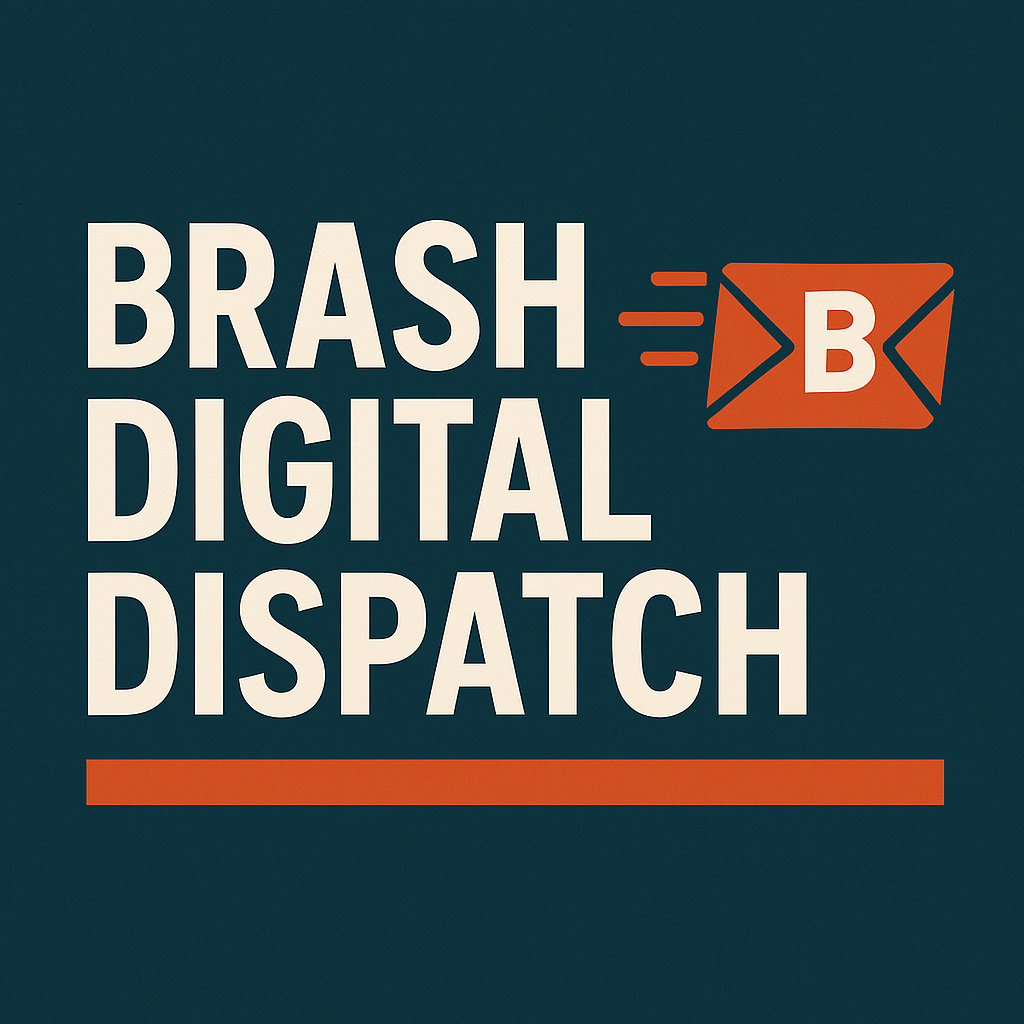Living With AI: Learning in the Age of Curiosity, Care, and Change
This wasn’t a Back-to-School series. It was a coming-of-age story.
Not for one student, or one classroom—but for a generation learning to live with AI. To question it. To shape it. To grow alongside it.
From the first post to the last, we didn’t just ask what AI can do. We asked what it feels like to learn with it.
We followed the rhythms of neurodivergent minds. We honored the quiet brilliance of homeschooling families. We stood beside teachers reclaiming their voice. We listened to middle schoolers navigating digital spaces with curiosity and fear. We built a digital village—one post, one image, one truth at a time.
This series was never about tools. It was about transformation.
🧠 What We’ve Learned
AI can be a co-regulator, a creative partner, a gentle nudge
It can help learners feel seen, not sorted
It can support emotional depth, not just academic performance
It can amplify human agency, not automate it
It can help us build rituals, not just routines
🔮 What Comes Next
Learning doesn’t end when the blog series does. It continues in the questions we ask, the tools we choose, and the communities we build.
Lifelong Learning: AI that grows with us, not just grades us
Creative Agency: Platforms that help us build, remix, and reflect—without erasing our voice
Emotional Intelligence: Tech that listens, adapts, and supports without judgment
Community: Learning that happens in shared spaces, digital and real, where every voice matters
🌟 A Human-Centered Future
To be human-centered is to design for nuance, not noise. It means asking:
“Does this tool help someone feel more capable, more curious, more seen?”
It means building tech that uplifts, not just optimizes. That affirms, not just automates. That listens, not just scales.
And it means remembering that the most powerful learning tool isn’t AI—it’s agency.
🧭 Dispatch Forward
Brash Digital Dispatch will continue exploring how AI intersects with identity, creativity, and care—especially for neurodivergent lives, local communities, and emotionally intelligent media.
We’ll keep asking better questions. We’ll keep building tools that honor complexity, celebrate voice, and center the human experience.
Because the future of learning isn’t seasonal. It’s intentional. It’s inclusive. It’s human.
💬 Brash Truth
AI isn’t the future. You are. AI is just the scaffolding. The soul is still human.
AI for Homeschooling Families
Homeschooling is freedom. It’s also chaos. AI can help tame the mess without taming the magic.
In homes where learning happens between laundry loads and life lessons, AI tools offer structure that flexes, content that adapts, and support that doesn’t judge.
🧠 Tools That Actually Help:
Khan Academy Kids: A free, adaptive learning app for ages 2–8. It offers playful, standards-aligned lessons in reading, math, and social-emotional learning.
Curipod: Lets parents and older students co-create interactive lessons using AI-generated prompts, polls, and visuals—great for collaborative learning.
Canva for Education: Ideal for visual learners. Families can build presentations, infographics, and creative writing projects with drag-and-drop ease.
Twee: An AI tool that helps parents generate age-appropriate educational activities, story prompts, and discussion questions.
YouTube Channels like CrashCourse & SciShow Kids: Curated playlists can turn curiosity into curriculum—especially when paired with AI-generated discussion guides.
These tools don’t replace teaching. They support it—quietly, flexibly, and with emotional depth.
💬 What Families Are Saying:
The best AI tools don’t tell you how to homeschool. They help you figure out what works for your kid, your rhythm, your values.
🏡 Brash Truth:
Homeschooling isn’t about control. It’s about connection. AI should amplify that—not automate it.
AI for Creative Writing Assignments
AI isn’t here to write your essay. It’s here to provoke your imagination.
Think of it as a weird uncle who throws plot twists at you until something sticks. The best AI tools don’t flatten your voice—they sharpen it.
🧠 Tools That Actually Help:
Sudowrite: A creative writing assistant built for fiction writers. It offers idea expansion, sensory detail prompts, and tone suggestions—without hijacking your style.
Grammarly: More than just a grammar checker. Its tone detector helps students understand how their writing feels to others, while its clarity suggestions preserve voice.
Talk to Books (Google AI): A semantic search tool that lets students explore how ideas are expressed across published literature—great for inspiration and research.
Hemingway Editor: Highlights overly complex sentences and passive voice, helping students write with punch and precision.
Canva Docs: For visual storytellers, this tool blends writing with design—ideal for students who think in images as much as words.
These tools aren’t shortcuts. They’re scaffolding. They help students move from blank page paralysis to “I didn’t know I could write that.”
💬 What Students Are Saying:
AI doesn’t replace creativity—it provokes it. The best tools offer just enough structure to get started, and just enough freedom to get weird.
✍️ Brash Truth:
Creativity isn’t a template. AI can offer scaffolding—but the soul is yours.
brash digital dispatch
Is your go to source for local business insights, automation strategies, and niche market trends—all designed to fuel entrepreneurs, innovators, freelancers, and non-techie professionals. Rooted in Parsippany, NJ, but built for scalability beyond borders, we deliver high-value content that drives organic traffic, monetizes affiliate partnerships, and seamlessly integrates with Brash Web Services.
Whether you’re looking to optimize workflows, grow passive income streams, leverage digital tools, or simply improve your AI knowledge & prompting skills, Brash Digital Dispatch connects you with cutting-edge strategies and actionable guidance. Automation, SEO, lead generation. and print-on-demand—it all comes together here.
Brash Digital Dispatch is a signature content service of Brash Web Services.




